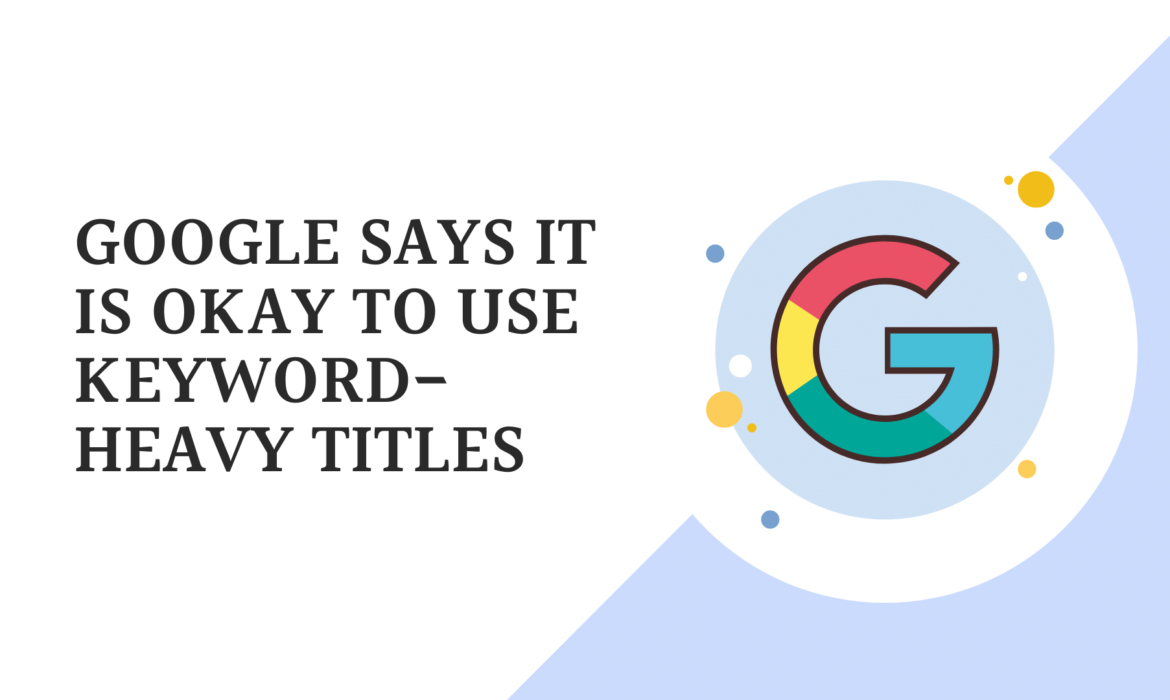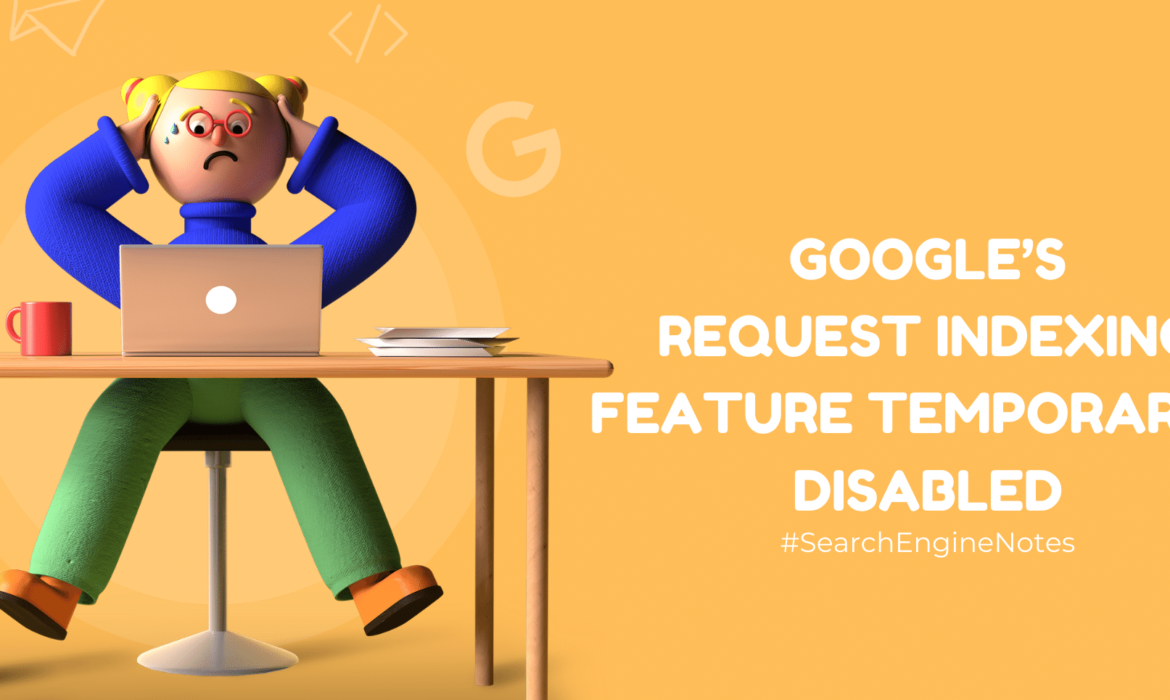Google Says It Is Okay To Use Keyword Heavy Titles
Google’s John Mueller clarified recently, that keyword-heavy titles and descriptions are a common practice, and it is not against webmaster guidelines.
We have seen that many small and medium businesses overuse commercial keywords in their titles and descriptions. Though it does not look good aesthetically, we do see these pages rank highly in search results.
Mueller says that overuse of keywords is not a thing that Google considers to be problematic. Google does not recommend it either as overuse of keywords will confuse users as to what the page is actually about, and if it serves their purpose or not.
Mueller recommends writing better meta tags to improve click-through rates (CTR) but, he never comments anything about that having an impact on improving rankings.
Mueller suggests a more engaged methodology; composing a title or description that gets a larger number of clicks is a higher priority than packing in a lot of keywords.
Here’s what he says:
“It’s not against our webmaster guidelines. It’s not something that we would say is problematic. I think, at most, it’s something where you could improve things if you had a better fitting title because we understand the relevance a little bit better.
And I suspect the biggest improvement with a title in that regard there is if you can create a title that matches what the user is actually looking for then it’s a little bit easier for them to actually click on a search result because they think “oh this really matches what I was looking for.”
Whereas if you were looking for “flower delivery Brighton” and as a title in the search results you see “flowers, green flowers, yellow flowers, Brighton…” and all of the cities nearby. You might look at that and say: well is this some SEO result? Or is this actually a business that will do a good job and create some nice flowers for me?”
So that’s something where I almost think it’s a matter of improving the click-through rate rather than improving the ranking. And if with the same ranking, you get a higher click-through rate because people recognize your site as being more relevant then that’s kind of a good thing.”
“It’s a really common tactic. We say as well that we use the keywords in titles as part of our ranking system and people say oh well I need to add all keywords to my titles, and then you end up with something like that. So just because they are used for ranking doesn’t mean you need to put everything in there.
And sometimes I suspect the bigger aspect is really the click-through rate from search rather than the ranking effect. Especially for small businesses, you don’t have a lot of chance to be visible in search results in lots of places, because you’re probably more focused on your regional area, and having a title that is really good, that matches your business, that’s a lot more important than having all of the keywords in it.”
Google’s Request Indexing Feature Temporarily Disabled
Google announced on their Webmasters Twitter handle that they will be temporarily disabling the “Request Indexing” feature of their URL Inspection Tool. This tool could be accessed from the Google Search Console. The announcement was as follows:

The URL Inspection Tool was primarily used to request a crawl of URLs individually. This is important after a new page is added or changes are made to an existing page of a website. Though not a full proof action, it necessarily accelerates the rate at which Google indexes the new content.
Google had mentioned previously that it does not “guarantee” immediate indexing through this process and may even choose not to index the new content at all.
Since it has been mentioned “infrastructure changes” it might lead to some enhancements to this feature and the inside story is that this might take at least a few weeks if not a few months.
Google has mentioned that it will continue to detect and index new content through their regular methods so it is something that site owners need not worry about much. Site owners can make do without this feature temporarily it will not have any noticeable impact.





